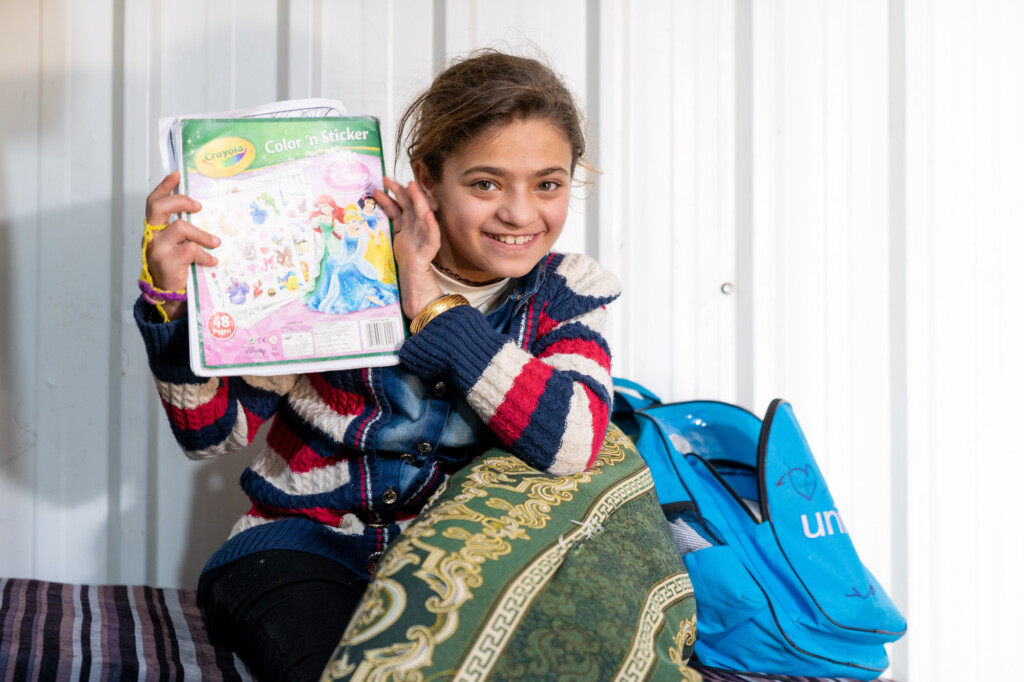Children of Jordan – اطفال الاردن
Parental Awareness
The Better Parenting Program has been working with mothers, fathers and caregivers since 1996 to enhance their knowledge and skills to better support their children’s early childhood growth and development.
The program came in response to the findings of a national survey on the knowledge, attitudes and practices of parents/caregivers in Jordan, which revealed a huge gap in caregivers’ knowledge regarding effective and positive enhancement of child growth and development. The Better Parenting Program was hence designed to enable parents and caregivers to provide an enriching, stimulating and safe environment for their children at home.
The Program underwent several stages of development and testing, starting with a pilot initiative in 1996 to review global resources, tools and materials produced by UNICEF in this regard and adapt them culturally to suit the Jordanian context. Later on, these were tested across various regions of the Kingdom and were consequently adopted. The program also included the development of a training manual by UNICEF consisting of 18 core themes in the field of early childhood development.
The program targets caregivers of children from pregnancy to the age of eight, and addresses several themes related to the care and upbringing of children at this age. These include: the importance of play in children’s lives, positive communication, exploration, behaviour guidance, child protection, healthy pregnancy, breastfeeding and other important topics.

The Better Parenting Program has managed to reach an estimated 300,000 mothers, fathers and caregivers across the Kingdom since the year 2000 through a powerful network of ministries, organizations, non-governmental organizations, local associations, and Makani centres (one of UNICEF’s initiatives in Jordan).
An evaluation study of the Better Parenting Program was conducted in 2009, which showed that mothers and fathers who participated in the program have improved their knowledge about parenting practices and the importance of spending time with their children playing and reading books. They have also gained better understanding of the importance of positive disciplining and have identified the behaviours that are considered as forms of neglect. However, there were no statistically significant variations found with regard to parents and caregivers’ application of positive or negative discipline methods, or their perceptions of behaviours that are considered as forms of child abuse. These results, combined with the sweeping success of the experience, indicate that the program has enormous potential to bring about substantial and tangible improvements in children’s lives. However, some key aspects of the program still need to be strengthened to protect children in Jordan from violent disciplinary practices and to realize their development potentials.
In 2019, the UNICEF Jordan office has revised the program with the help of a wide range of national partners through an extensive and in-depth participatory process to align it with recent scientific developments in the field of early childhood development and positive parenting programs. The revised program, which has been enriched by two decades of extensive experience implementing the program, took into consideration the surrounding changes in the local context, including Jordan’s hosting of a large number of refugees
